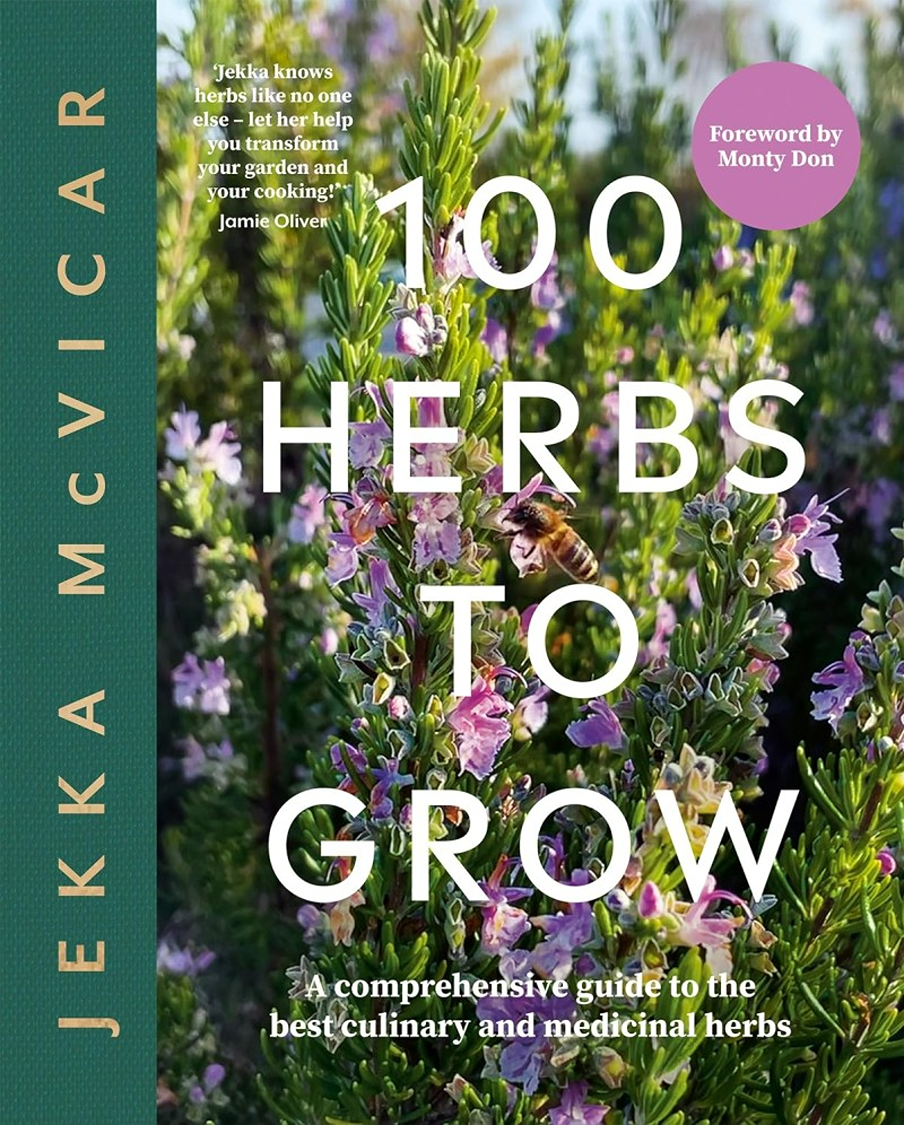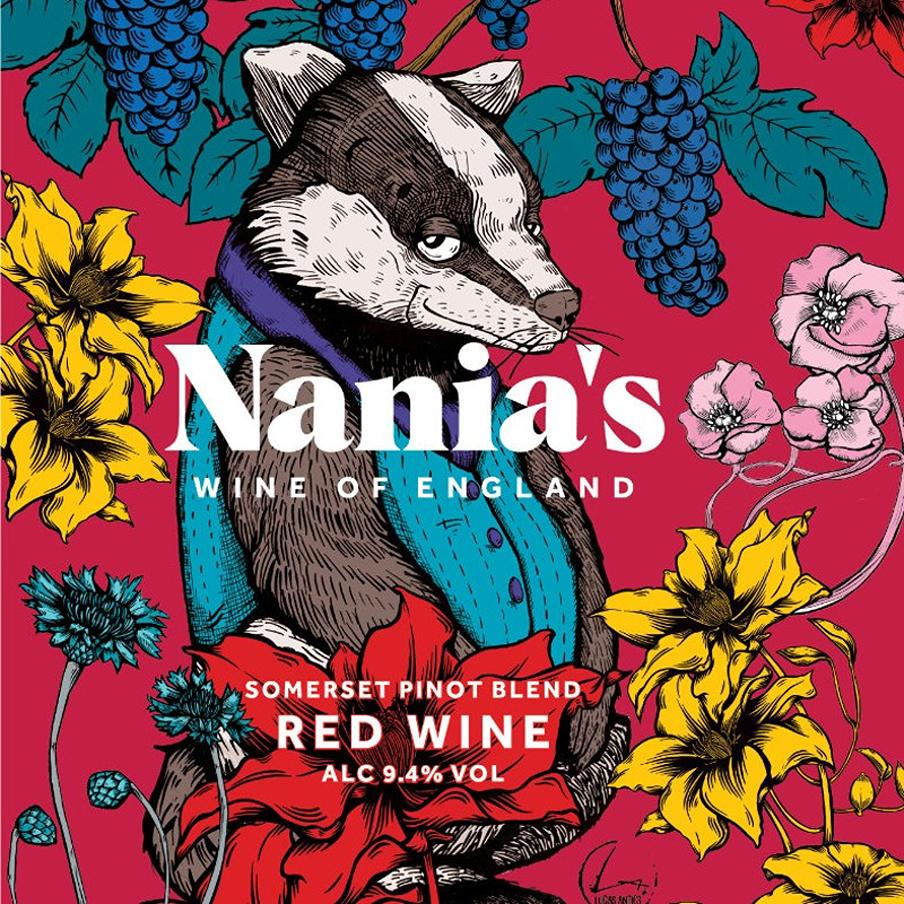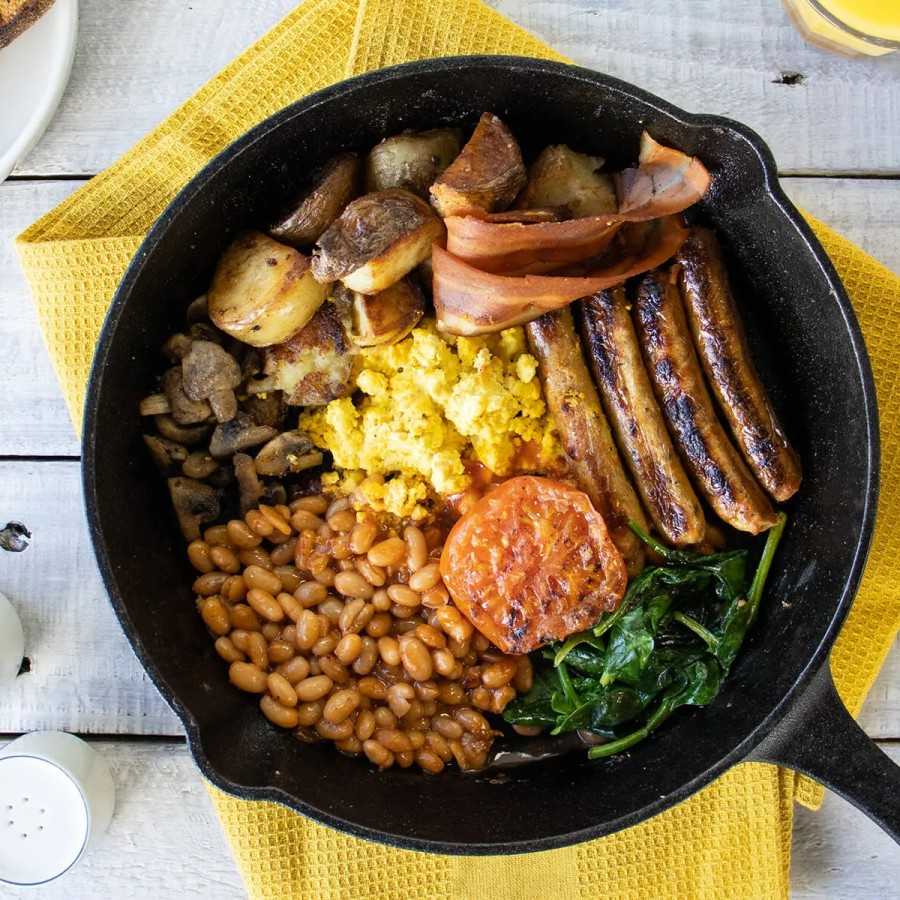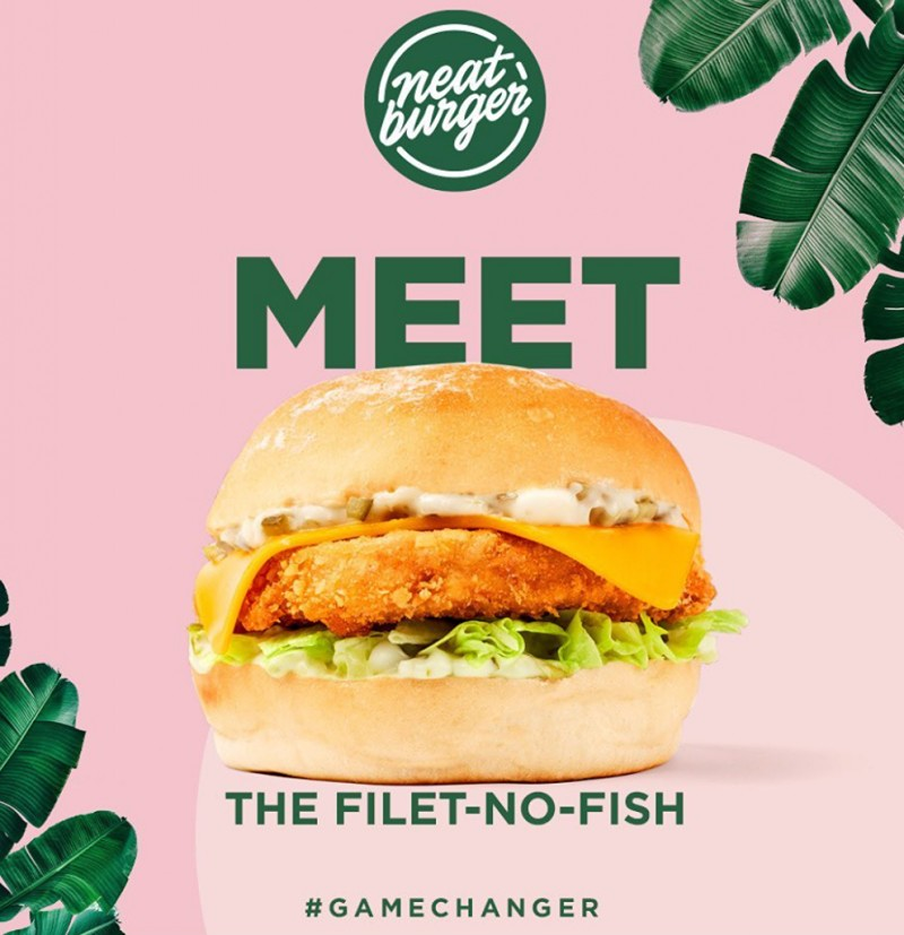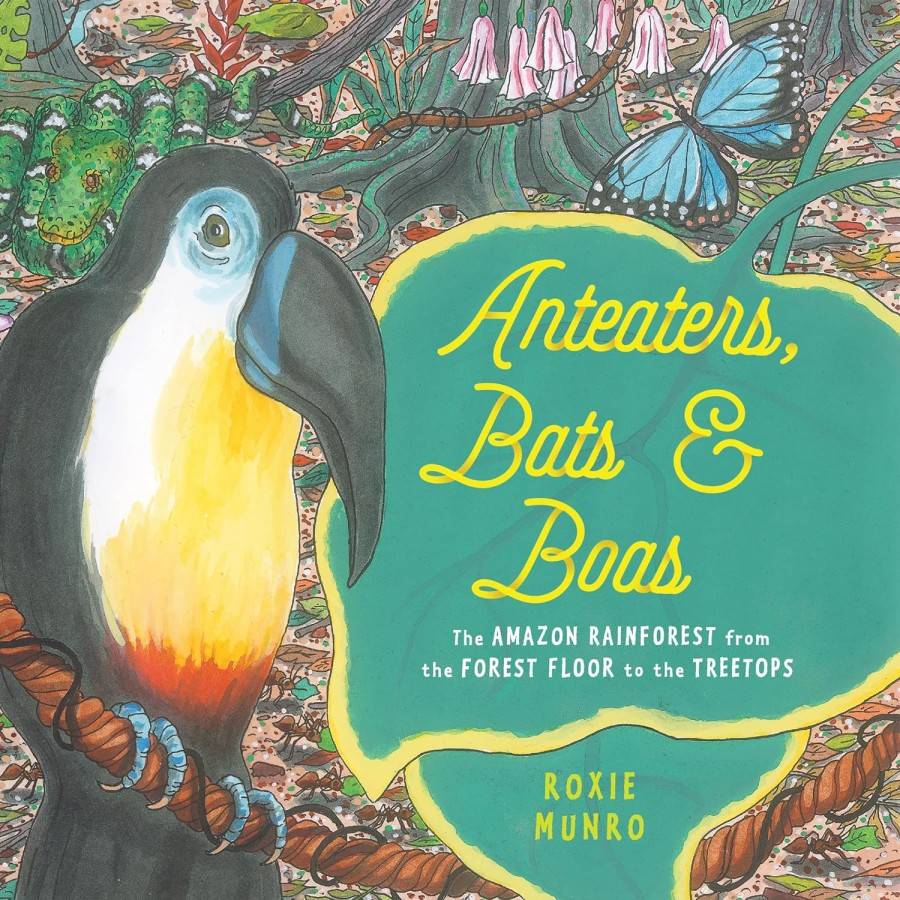
The Amazon rainforest is the world’s largest tropical rainforest (there are others in Indonesia and beyond plus temperate rainforests in the Arctic). But the Amazon (mostly Brazil but also: Bolivia, Peru, Ecuador, Colombia, Guyana, Suriname and Venezuela) gets the most attention because ‘the lungs of the planet’ are home to a third of the world’s species, and tens of thousands of species of plants and trees. It’s also home to native tribes (many have never met other humans).
Anteaters, Bats and Boas is a beautiful book taking readers on a journey through a noisy colourful ecosystem like no other on earth. Follow true-to-size animals (macaws, snakes and monkeys) and meet sloths to anteaters. You’ll also learn about all four layers of an Amazonian rainforest, from the forest floor to the canopy. Includes a glossary, map of worldwide rainforests and a section on protecting them.
We’re in a climate change crisis, and if we lose the rainforest canopy of trees, we’ll lose a huge percentage of the oxygen they give out, which will make things world. It’s estimated that the Amazon rainforest produces around a fifth of the world’s oxygen.
A fifth of the Amazon rainforest has already gone due to logging (for timber), rubber (for car tyres) and food (trees are cut down for cattle grazing and soy production – often used for animal feed). Best ways to help the Amazon rainforest are:
- Buy recycled wood and paper goods (to stop logging). Most towns have artisans selling such goods, or you can find them on Etsy. Also ensure rubber is sustainably-certified (or recycled).
- Avoid unsustainable essential oils. The same goes for perfumes (many brands use rosewood, despite it being critically endangered).
- Some vegans/vegetarians eat soy (tofu) and others don’t. If you eat it, then look for brands that use sustainably-farmed soy from Europe (Oomph! is one brand from Sweden).
who is buying beef from Brazil?
Around 80% of Amazon forest has been destroyed to create pasture land for cattle used to sell as beef, usually abroad. The main markets are China (which buys a third of it) and of course the USA, home to the major fast food joints (in 2021 it bought 320 million pounds worth).
But the UK also buys Brazilian beef (usually in the form of corned beef). Ireland buys in much more. With neither likely to become a vegan or vegetarian country in the short-term, look for plant-based alternatives some of the time, then look for free-range foods from local organic farmers, if you’re going to eat it.
a child’s guide to the Amazon rainforest
When My Dad Went To The Jungle is an uplifting book from an Argentinian writer, inspired by his efforts to assist protecting an endangered bird. A young boy records his dad’s stories about the people, plants and animals who live in the Amazon rainforest. When you visit the rainforest, you should ask the Sápara peoples for permission and be respectful, as it’s a great big house for plants, animals, and spirits, but it’s disappearing, little by little. Filling his journal with imaginative drawings and words, the boy decides what he would do if he visited the rainforest: Invite the spirits for donuts and hot cocoa!
life lessons from the Amazon rainforest
Life Lessons from the Amazon is the tale of an epic 3-month adventure through unexplored jungle terrain, from Pip who shares many pearls of wisdom we can all use in our own lives. With the help of guides from the Waî indigenous community, she and her team journeyed through the rainforest facing peril every day as they kayaked rapids, traversed waterfalls and hacked their way through the mountainous jungle of the Guiana Shield, before finally reaching the Atlantic Ocean.
Survival skills and a flesh-eating parasite weren’t the only things Pip took home from the rainforest. From contending with snakes to learning about the value of community, forgiveness and self-belief, her hard-won insights invite us to embrace the wildness within ourselves each day. Pip Stewart completed a world-first paddle through the Amazon jungle. During that time she developed a parasitic disease caused by a flesh-eating parasitic disease, which almost killed her. Since her infection and treatment, she has become a vocal advocate for patients affected by neglected tropical diseases.
a book about the lost rainforests of Britain
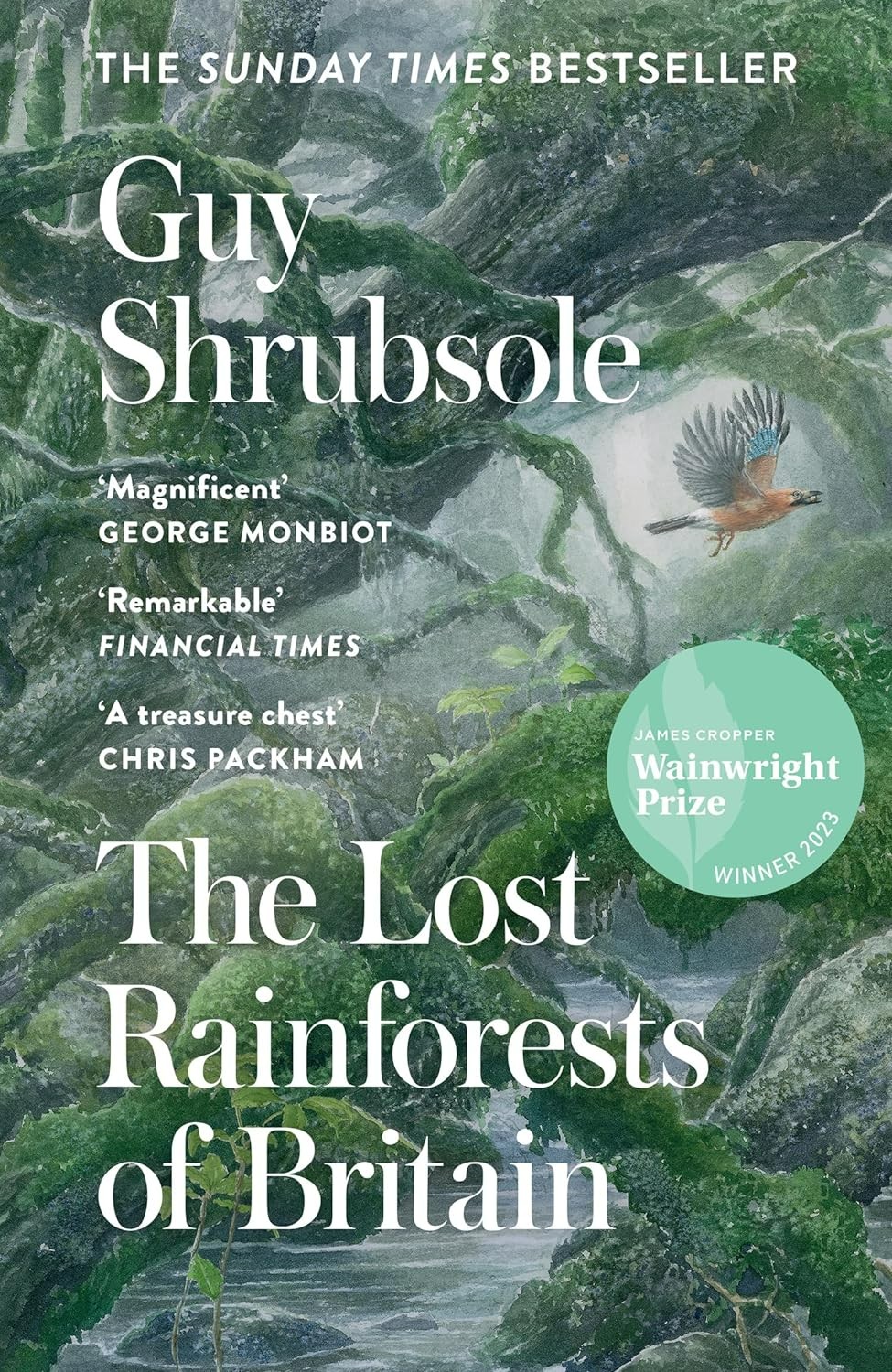
The Lost Rainforests of Britain is an award-winning book (The Wainwright Prize for Conservation) about the temperate rainforest that may once have covered a fifth of our land – inspiring Celtic druids, Welsh wizards, Romantic poets and Arthur Conan Doyle’s most loved creations. In this awe-inspiring investigation, Guy Shrubsole travels through the Western Highlands and the Lake District, down to the rainforests of Wales, Devon and Cornwall to map these spectacular lost worlds for the first time. This is the extraordinary tale of one person’s quest to find Britain’s lost rainforests – and bring them back.
England does has many temperate rainforests, which are as endangered as the Amazon rainforest. They are found in Devon, Cornwall and Cumbria, read more about them at The Woodland Trust. Temperate rainforests simply means that they are wet and mild, so plants grow on other plants, and this creates a canopy of trees that are home to many woodland birds like jays (they love acorns so bury them, then forget where they put them, and so they grow into new oak trees!
Guy Shrubsole wrote the wonderful book Who Owns England? where he trespassed across the country to find out why so few own so much of our land, and what secrets are kept hidden, to keep people in power. He is a campaigner to restore our Atlantic Oakwood forests (‘our rainforests’).
an inspiring personal journey of rewilding
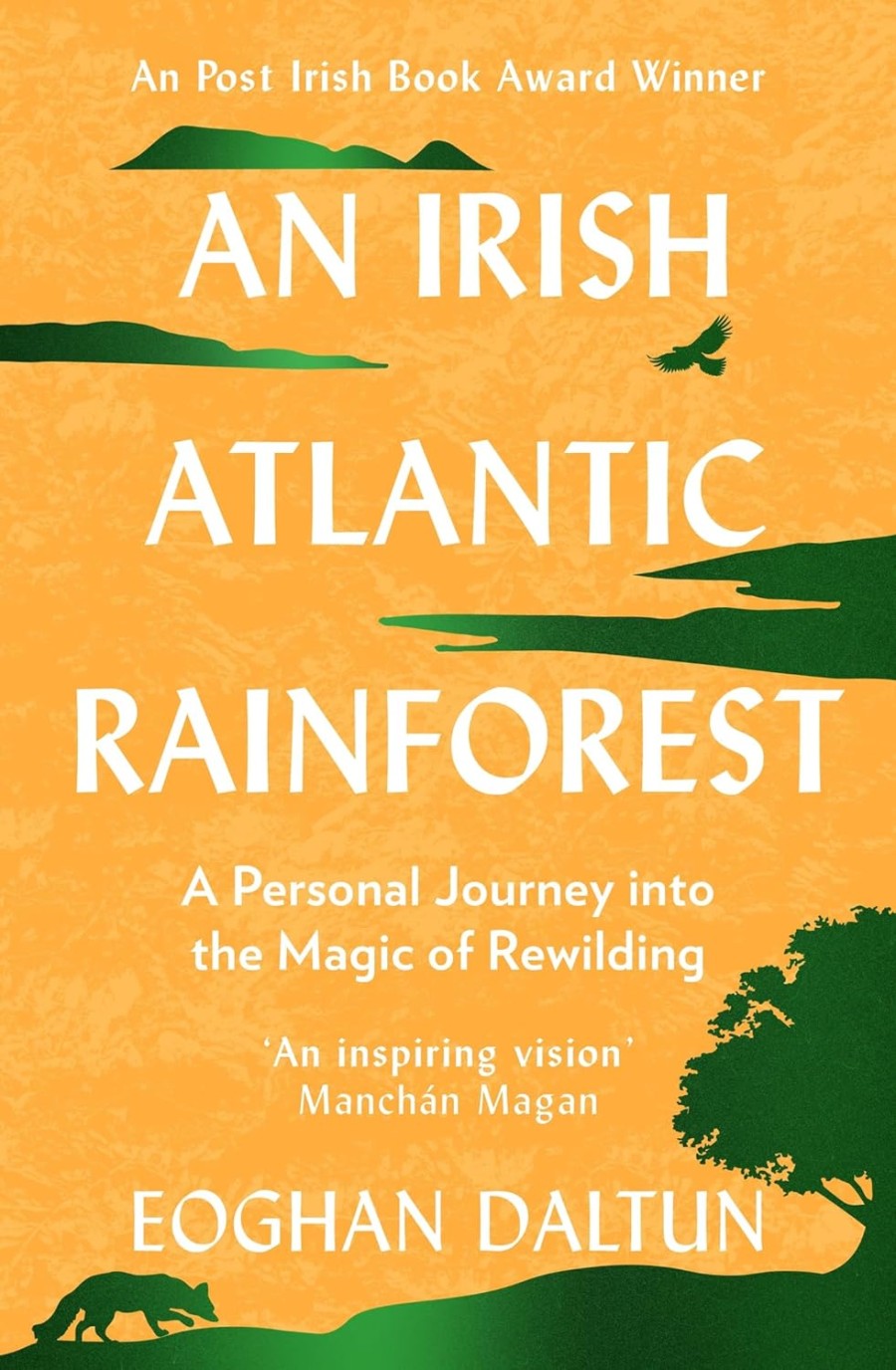
An Irish Atlantic Rainforest is an award-winning book that charts the remarkable journey of a wild forest that bursts into life before our eyes, inviting us to consider the burning issues of our time: climate breakdown, ecological collapse and why we need to radically transform our relationship with nature.
On the Beara peninsula of West Cork in Ireland, a temperate rainforest flourishes, due to the life work of Egohan, who had a vision to move from Dublin with family to rewild a 73-acre farm that he bought. This is a story more of doing nothing than taking action – allowing natural ecosystems to return and thrive without interference, an in doing so, heal an ailing planet. An enduring picture of the regenerative force of nature, and how one Irishman let it happen.
Eoghan Daltun is a conservationist, farmer and rewilder. He spent 7 years studying sculpture in Tuscany, Italy. He rebuilt a 1750s cottage using the original stone and used the proceeds to buy a long-abandoned farm overlooking the Atlantic, the land ecologically wrecked by severe over-grazing and invasion by a host of alien plant species.


